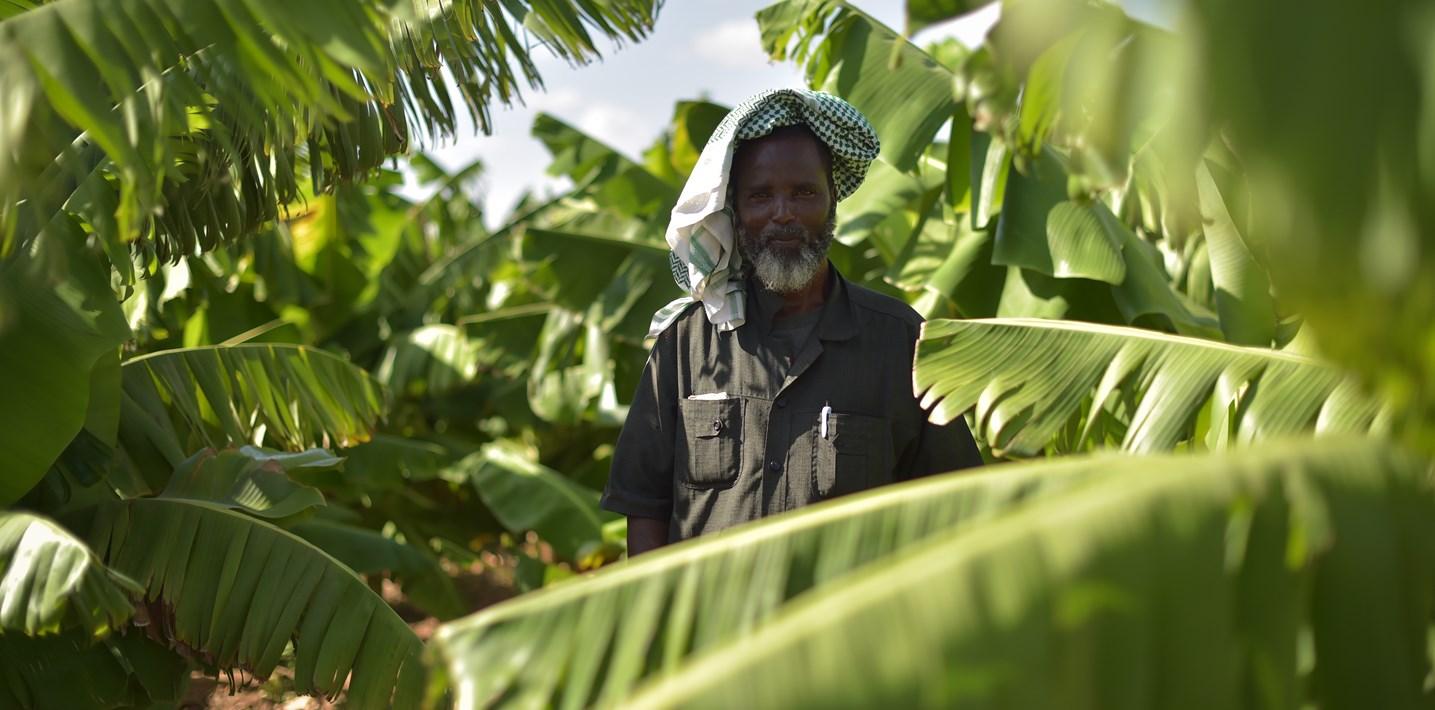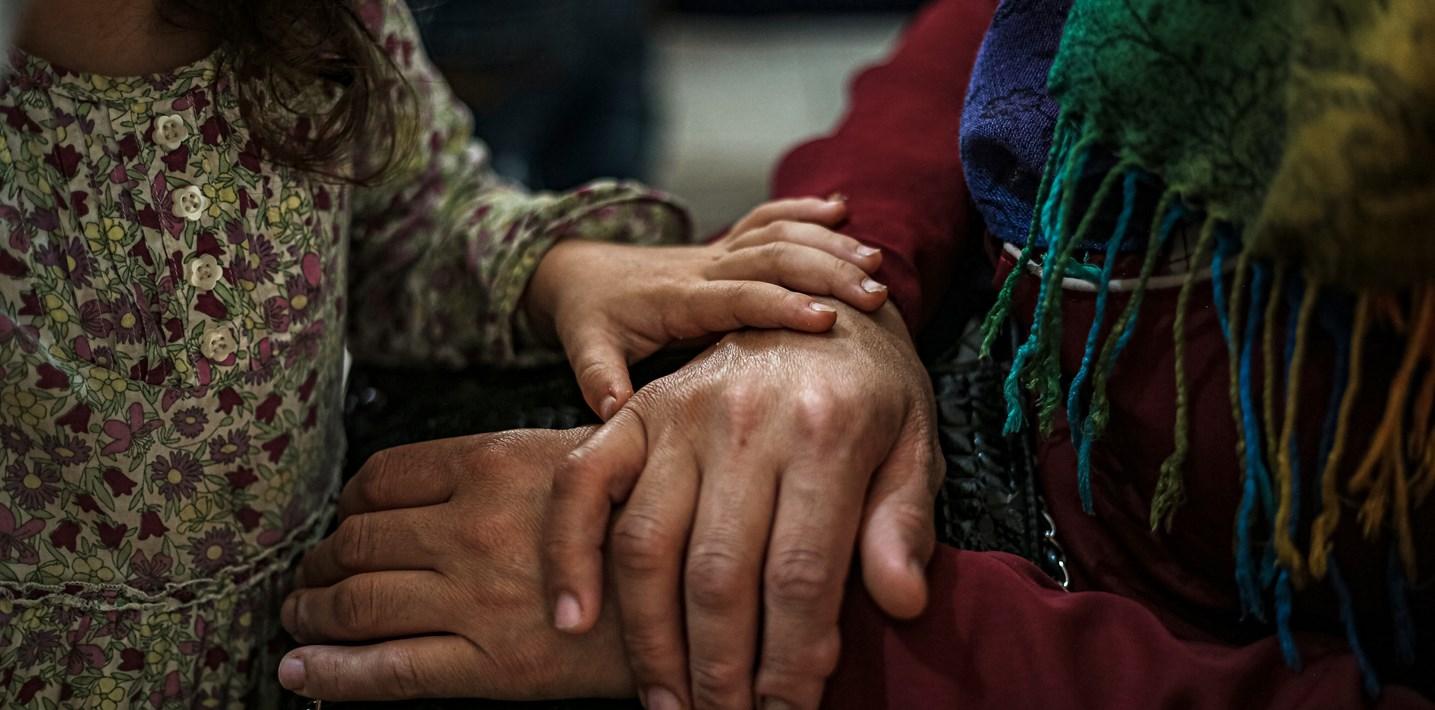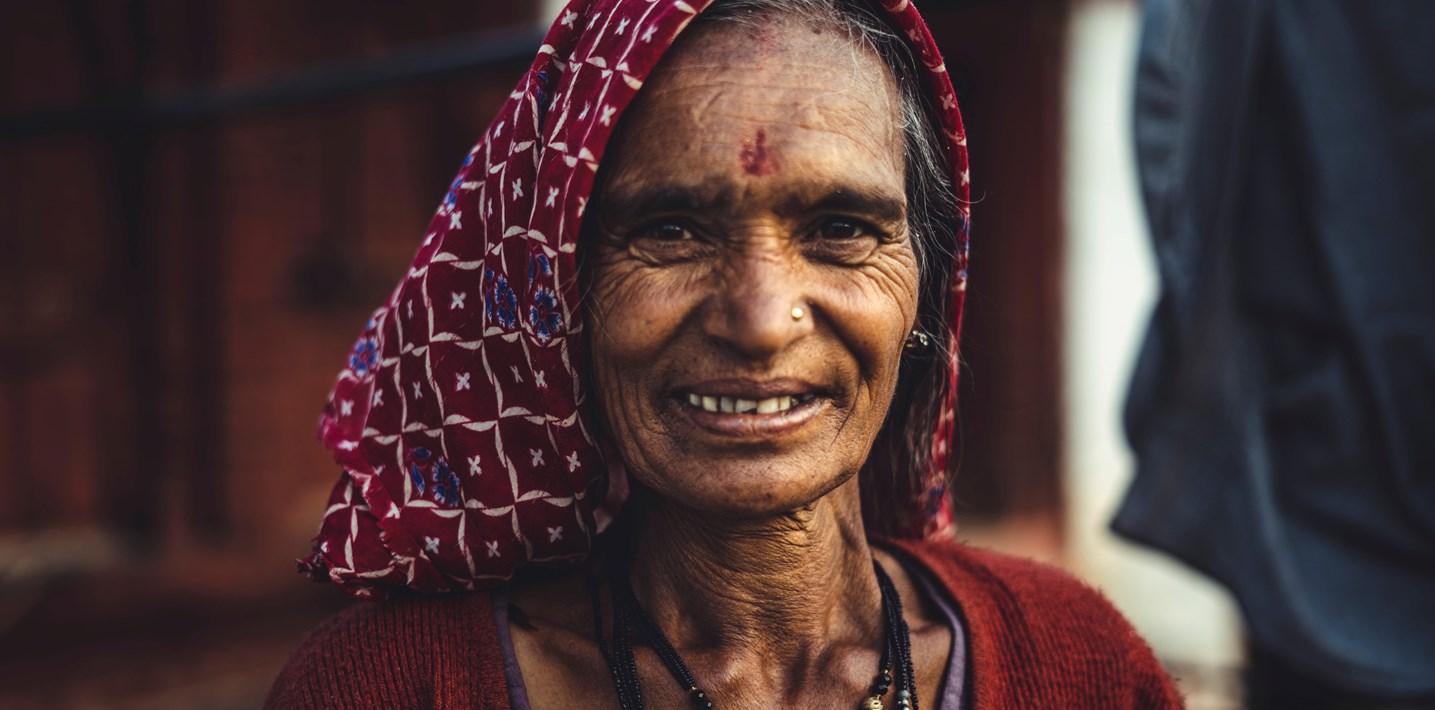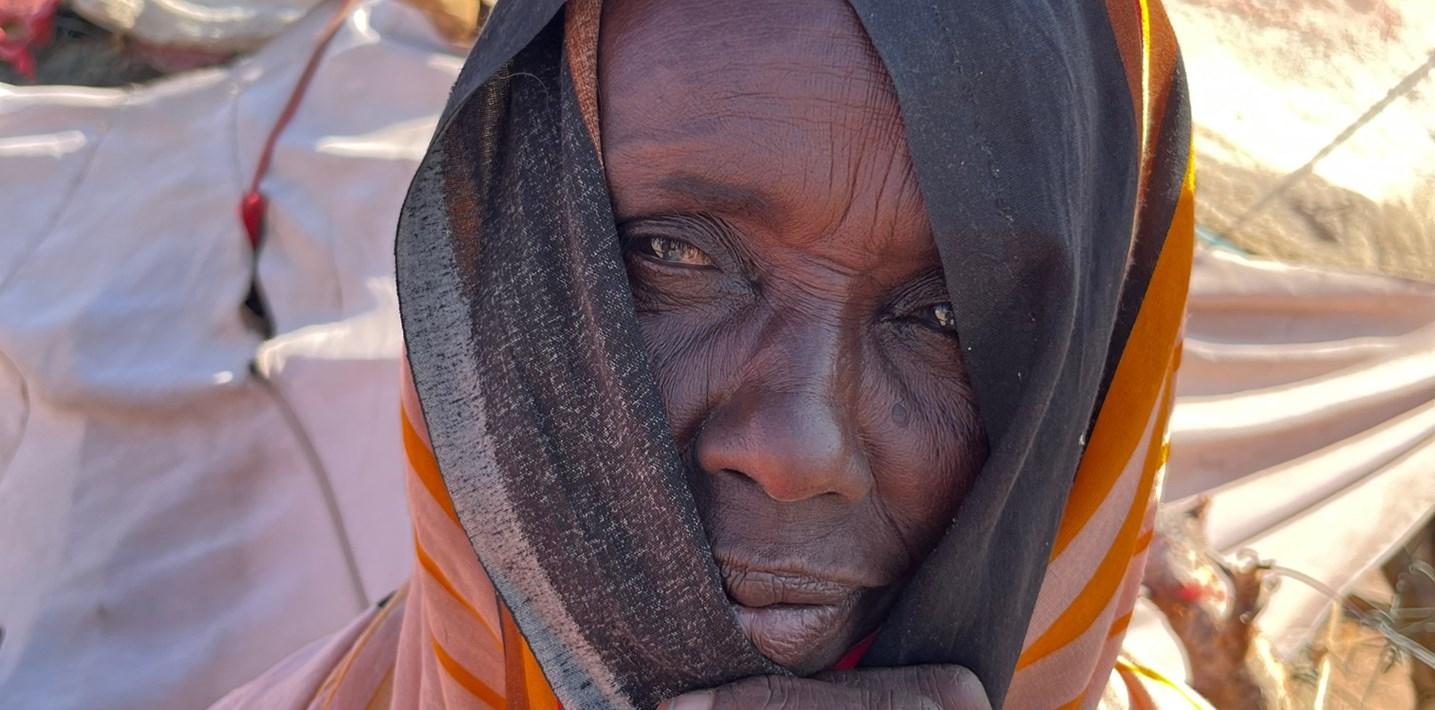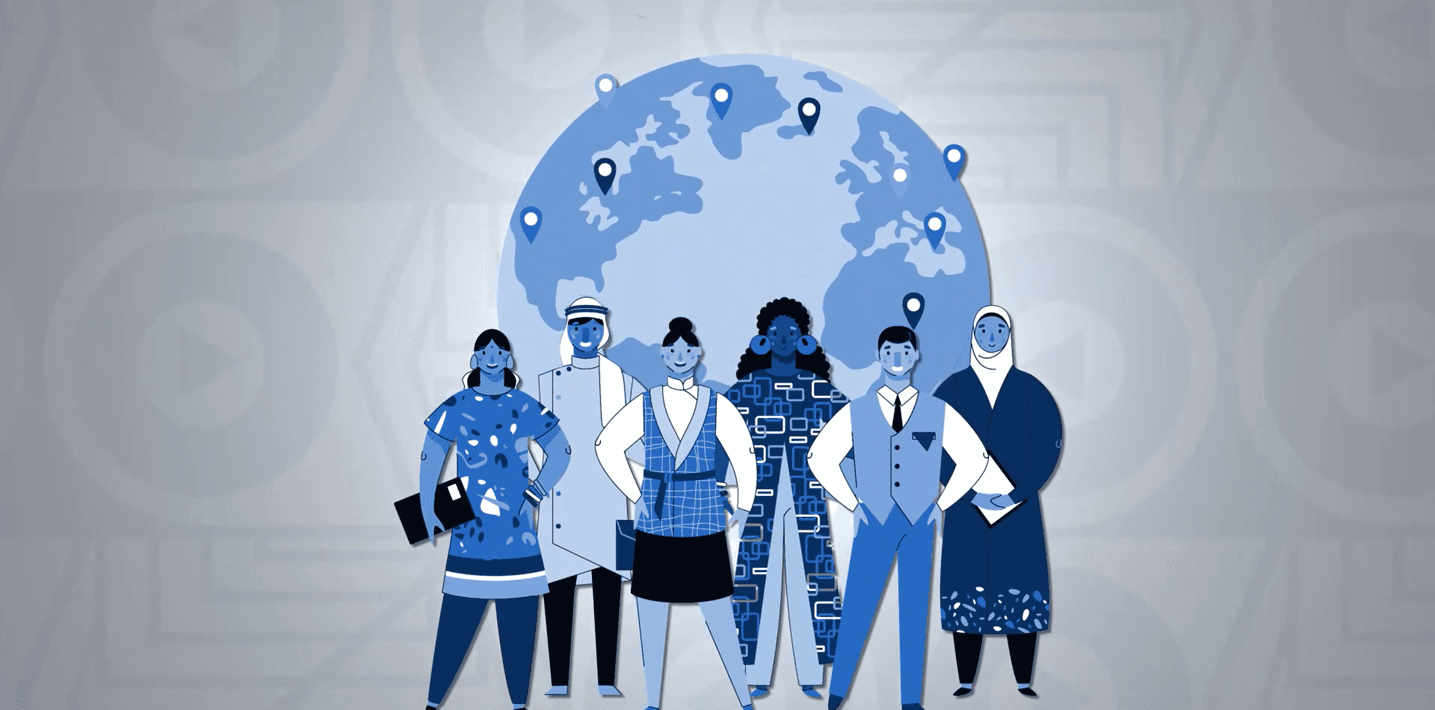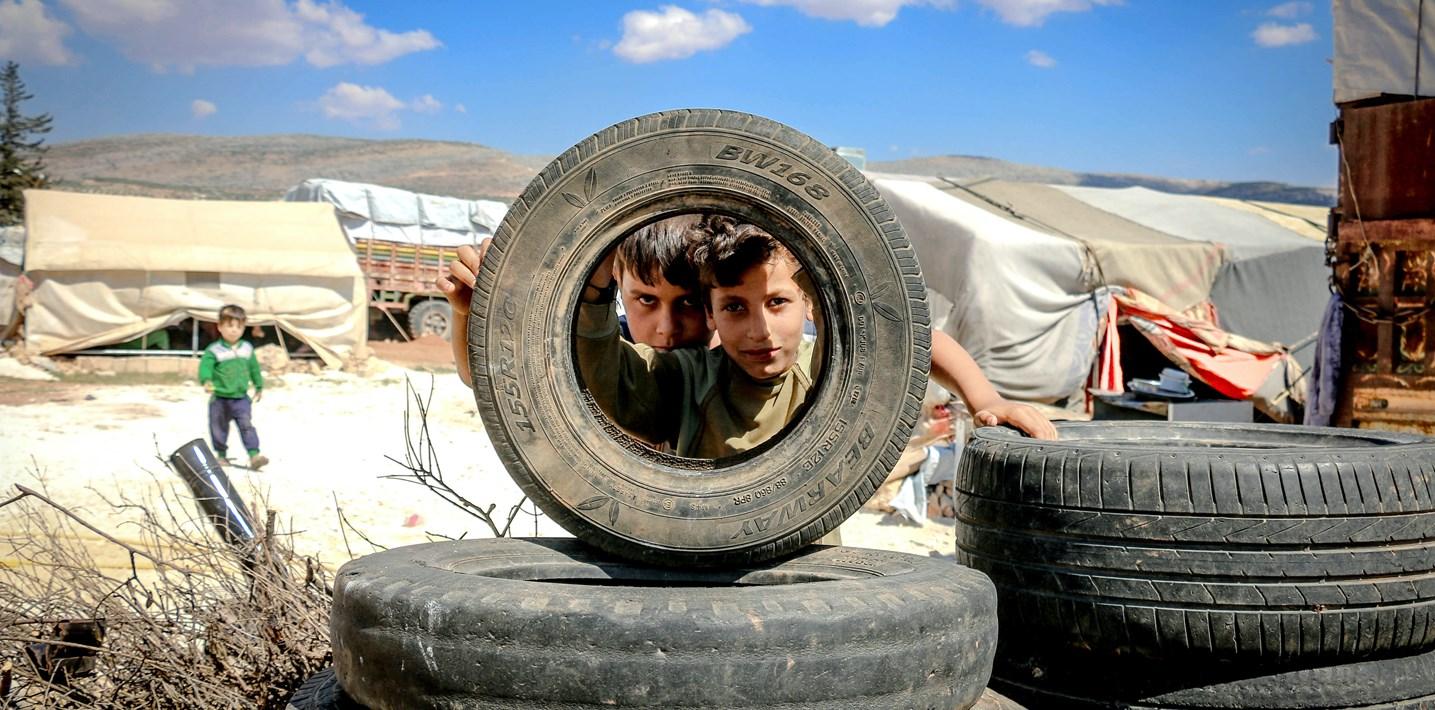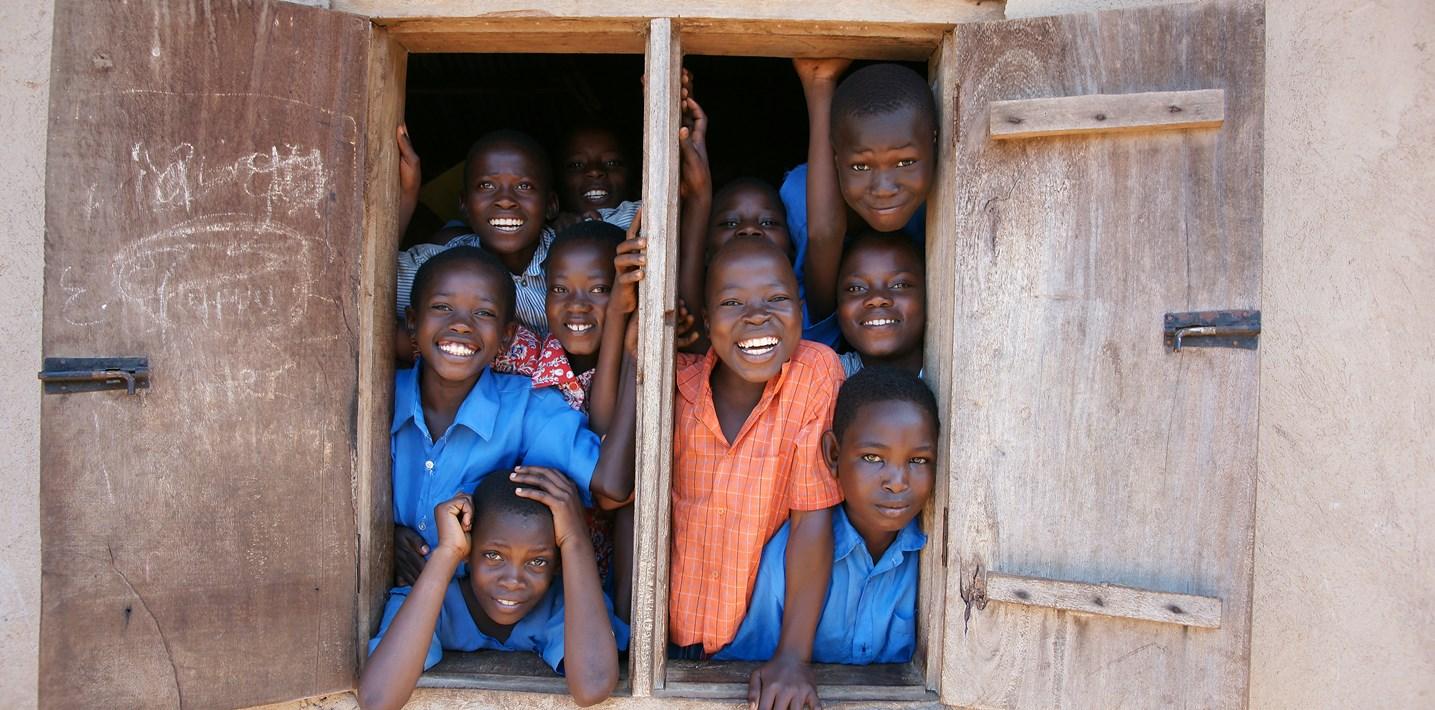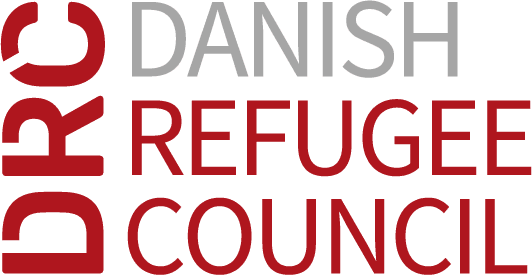News & Events
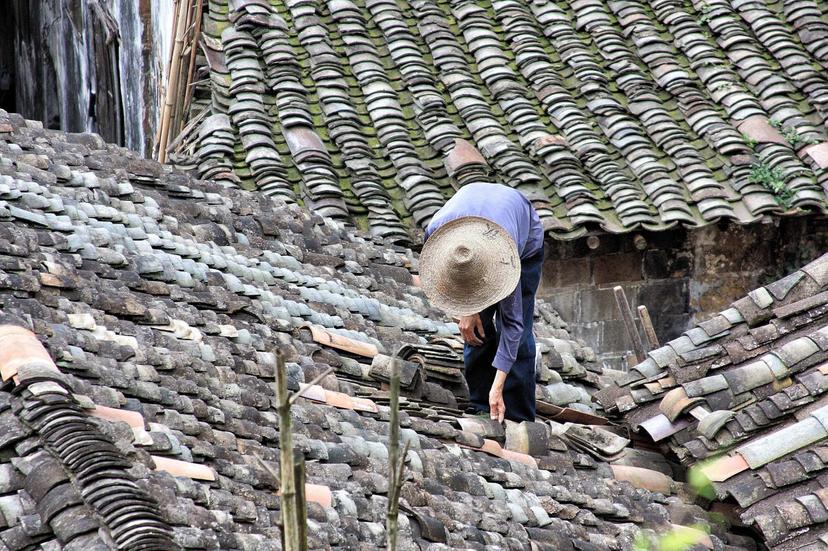
UNHCR Global Consultations with NGOs 2024
The 2024 UNHCR Global Consultations with Non-governmental Organizations (NGOs) will take place in-person from 11 to 13 June at the Centre International de Conférence de Genève (CICG), Geneva, Switzerland. They will focus on: solutions inclusion in national systems gender equality. There will be representation from: local, national, and international NGOs and civil society organizations (CSOs) organizations led by displaced and stateless persons members of the senior leadership team of UNHCR. The event will feature a dozen sessions and side events organized by UNHCR and NGOs. We will bring together stakeholders from different backgrounds to discuss the themes and develop recommendations to be presented to the UNHCR Executive Committee. Register before 30 April 2024 Priority will be given to NGOs who: have engaged in the 2023 UNHCR Regional Consultations with NGOs demonstrate expertise and experience in at least one of the two broad themes of the 2024 Global Consultations (inclusion/solutions and/or gender equality). Learn more about this event here

DEMAC at HNPW 2024: Diaspora response to climate-related disasters
The Humanitarian Networks and Partnerships Week (HNPW) 2024 is an annual humanitarian conference, one of the largest events of its kind and will be held in a hybrid format from 29 April to 10 May 2024. This event provides a collaborative space for practitioners and experts from a large variety of humanitarian stakeholders including UN agencies, NGOs, the Red Cross and Red Crescent movement, academia, the military, private sector initiatives, and Member States. There is no attendance fee. Learn more here. Meet DEMAC at the HNPW 2024 in-person DEMAC has its own exhibition stand at the HNPW. Join us to hear more about our global initiative, our engagement with diaspora and local actors and get our latest research and factsheets on the Somali, Afghan and Ukrainian diaspora. DEMAC's session: The role of diaspora in responding to climate-related disasters and supporting the resilience of local communities to environmental degradation In 2023 DEMAC in partnership with IOM conducted a case study to explore how diaspora respond to climate-induced disasters and support community resilience and adaptation to environmental degradation in South Sudan, Egypt, Sri Lanka, Peru and Tuvalu. The main patterns and trends are the following: 1. Case study diaspora actors were important in supporting longer term adaptation. Some are supporting climate-smart agricultural practices, income diversification, housing adaptation, internal relocation. 2. DOs contribute to climate change mitigation efforts through awareness raising, advocacy, and direct involvement in carbon removal projects, encompassing tree planting and more. 3. DO responses were strongest in the context of disaster response and recovery. Disasters triggered a substantial response from DOs, with charity, religion, and patriotism among motivators. 4. DOs can share information & complement technology used for predicting disasters, anticipatory action and early warning efforts usually led by governments and institutional actors. Objectives of this session: 1. Present findings and lessons learned from the DEMAC and IOM Case Study “Diaspora Response to Climate change-related hazards in South Sudan, Egypt, Sri Lanka, Peru and Tuvalu” – DEMAC/IOM - February 2024 2. Discuss feasible steps that enable an improved engagement between diaspora organisations, local organisations and institutional humanitarian actors in preparing and responding to climate change-related hazards (CCRHs): - What are the challenges for diaspora and humanitarian actors to collaborate and jointly address h CCRHs? - What best practices and lessons learned from diaspora initiatives could institutional humanitarian actors draw on to support community-based disaster preparedness and risk reduction initiatives? - What actionable recommendations can be easily implemented to strengthen engagement and cooperation between diaspora organizations, local and institutional humanitarian actors in addressing CCRHs? Agenda: 11:00 – 11:10: Welcome and Introduction 11:10 – 11:25: Presentation of key findings and recommendations of the Case Study 11:25 – 12:05: Facilitated discussion with the panelists 12:05 – 12:25: Q&A and discussion Photo Credit: Uganda (c) Unplash/Bill Wegener

Diaspora Project Support (DiPS) fund
The DiPS fund grants approximately 1,700,000 DKK per year to Danish-based Somali and Afghan diaspora organizations for development and rehabilitation projects in their countries of origin. Applicants can apply for funding under TRACK 1 (up to 150.000 DKK) or TRACK 2 (150.000- 300.000 DKK) for projects lasting up to 12 months. Applications are assessed and selected according to two main criteria; (i) diaspora engagement and diaspora contribution; (ii) project impact. Applicants for TRACK 1 funding do not need to have previous experience implementing projects. To be eligible for TRACK 2 applicants must show documentation of previous experience managing grants. For TRACK 2 the applicant must also provide 5% own contribution of the total project expenditure. Who can apply? Only Somali and Afghan diaspora individuals and organizations in Denmark are eligible to apply for funding through the DiPS fund. The requirements that you must meet are: For TRACK 1 and 2: Applicants must be an established non-profit Somali or Afghan diaspora organization in Denmark; The diaspora applicant may not be involved in an ongoing project funded by DiPS at the time of application; At least two contact persons must be members of Afghan or Somali diaspora; It is mandatory to have two diaspora representatives actively involved in developing the project; It is allowed to submit applications as collaborations between two or more diaspora organizations. For TRACK 1: Organizations from the Afghan or Somalia diaspora can apply for funding. It is not a requirement to have any previous experience with implementing projects. For TRACK 2: Your diaspora organization must have previous experience implementing projects and managing grants of 100,000 DKK or more. Proof of previous experience must be submitted together with the application. Please not that only a limited number of projects will be approved for Track 2, resulting Track 2 to be more competitive. Which projects can be funded? Projects activities that contribute to rehabilitation and/or development for people affected by conflict and displacement in Afghanistan and Somalia or neighboring countries hosting significant Afghan or Somali communities may be supported by DiPS. The project can last up to 12 months. Projects will be assessed and selected to continue to the develop phase based on scores in three categories; Constructive diaspora engagement and diaspora contribution High project impact Diaspora applicant motivation and capacity development potential Does DiPS offer help with the application? If you have questions about applying for the DiPS fund the Application Guidelines (see Application Package) is very helpful. DiPS also provides help through workshops and trainings before the application deadline. You can also book a meeting with DiPS consultant Dharbaxo to discuss your idea. Read more in our capacity development page. For more information you can visit the DiPS website.

Filling Key Gaps in Emergency Response: Strengths and Challenges of Somali Diaspora
DEMAC launches a New Report on "Diaspora Humanitarian Engagement in Somalia".

Diaspora Toolkit: Guidance on Training and Learning Resources
A short hands-on pocket guide to support diaspora organizations in their humanitarian response.

Call for applications for local NGOs in Ukraine: SwitchMobile Advisory Group
DEMAC is launching a call for application to establish an Advisory Group of five diaspora organizations and five LNGOs in Ukraine, who are interested in participating from June 2024 to May 2025.
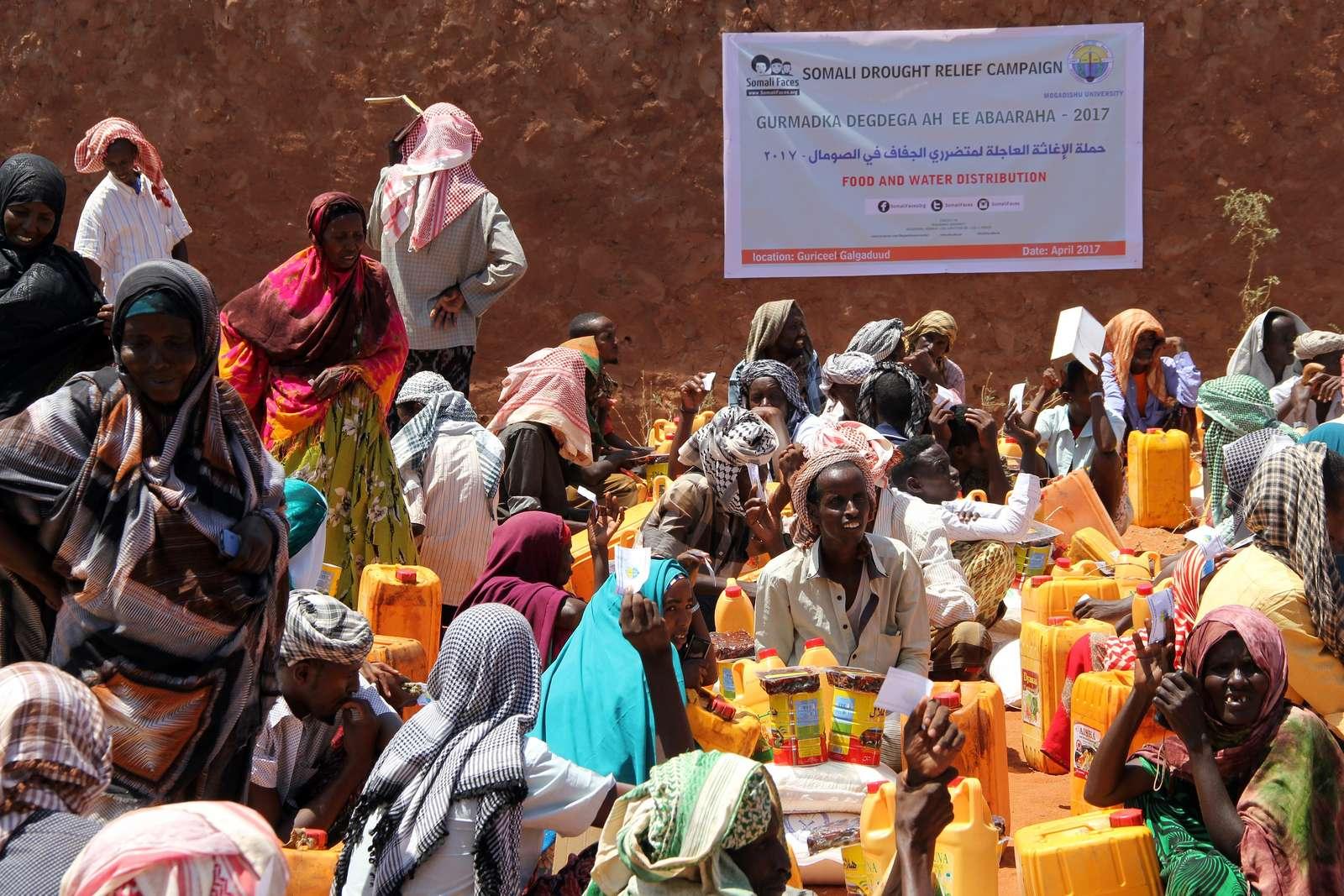
FEATURED DIASPORA

How an earthquake unites the Caribbean Diaspora
Ten years ago, when Dr. Magalie Emile-Backer co-founded the diaspora organization HRA – Haiti Renewal Alliance in the US, she had not imagined the scale of disaster her country of birth would be facing. Originally established as a platform to mobilise diaspora skills and resources for development and entrepreneurship in Haiti, the organization has quickly adapted their operations to humanitarian relief, following emergencies such as the 2021 earthquake.When history strikes againA decade ago, an earthquake struck just outside Haiti's capital of Port-au-Prince, leaving hundreds of thousands dead and millions displaced.On Saturday August 14, 2021, the island was hit again, by a temblor two times larger than the one in 2010. It took only 30 seconds for this 7.2 magnitude earthquake to devastate the Southwest Region of Haiti. Latest figures estimate that 800,000 people, including 340,000 children, have been affected by the earthquake which has left more than 2,200 dead and over 12,000 injured.The earthquake could not have come at a worst time for Haiti, which is still reeling from the assassination of President Jovenel Moïse on 7 July 2021. Combined with escalating gang violence this has resulted in the internal displacement of around 19,000 Haitians, while 4.4 million people were already in need of humanitarian assistance prior to the earthquake, half of them children. Coordinating disaster response across an umbrella HRA activated its Haitian Diaspora Emergency Response Unit (HDERU) via www.onediaspora.org shortly after the earthquake and managed to streamline humanitarian response efforts. First, it launched a diaspora fundraising campaign in partnership with its Haitian diaspora platform www.onediaspora.org, where within few weeks, more than 60 diaspora groups raised 1.5 million USD through a collective fundraiser.Secondly, Haiti Renewal Alliance oversaw and coordinated the relief efforts of members in the US as an umbrella organization. They organized regular online member meetings to discuss needs on the ground in Haiti and aligned their humanitarian activities. Instant sharing of information helped to overcome logistical barriers and HRA could identify and fill gaps in providing aid to affected, local communities.Some numbers & facts: More than 60 diaspora groups raised 1.5 million USD. Over 200 organizations, government officials and health care workers participated in situational briefings HRA sourced local supplies by connecting local companies with the Haitian government’s needs assessment report team. HRA could deliver and distribute 2000 units of 5 gallons water, 500 tents and tarps, and containers filled with medical and hygiene supplies towards affected Haitian communities. This was only possible, because members of HRA were agile and utilized relationships with local civil society groups. In addition, they coordinated with institutional partners like USAID to mobilize additional diaspora financial resources and expertise. Building back better togetherBy September 30 2021, HRA deactivated its Haitian Diaspora Emergency Response Unit (HDERU). However, relief and long-term recovery efforts will continue for affected people via www.onediaspora.org. OneDiaspora's mission is to maximize support of Haiti’s private sector, particularly small and medium enterprises, to ensure the local economy is not disrupted.Like HRA, several diaspora organizations involved in humanitarian response engage in humanitarian action before, during and after crises occur, meaning that they can draw on networks and expertise to identify needs, mobilize resources and respond to crises across the so called humanitarian-development nexus. This agility ensures that diaspora's often can shift relatively easily from a development to a humanitarian focus (or vice versa). A quality, which not only helps to save lives immediately, but ensures a long-term engagement in building back a country together. Photo Credit: Heater Suggitt, Bill Hamway Goha & Zach Vessel on unsplash.com

Building A Better Response: New E-Learning Platform
The new Building A Better Response (BBR) e-learning platform is here! Launched in 2022, the platform features updated learning modules, new avatars, an updated color palette, and new case study assessments. Humanitarians in focus Since 2012, BBR has been used as an onboarding tool for new humanitarian professions across a range of local and international NGOs. BBR's key objectives are to train new humanitarian actors and to refresh the knowledge of experienced humanitarian actors. BBR has improved knowledge of the humanitarian system for close to 90,000 learners based in 224 countries and territories around the world. Available in several languages The course is available in 4 languages: English, Arabic, French, and Spanish. Voiceover options are also available in Polish and Ukrainian. Transcript translations are available in Portuguese, Russian, Turkish, Dari, and Urdu. Who is behind the E-Learning Platform Funded by the US Agency for International Development Office of US Foreign Disaster Assistance, the project is being implemented through a consortium that brings together a combination of operational and technical expertise, spearheaded by International Medical Corps in collaboration with Concern Worldwide and the Harvard Humanitarian Initiative. Enroll HERE and contribute to a better response in humanitarian assistance

Powerful flood response by Pakistan's diaspora
Fighting the water crisis with local partners on the ground
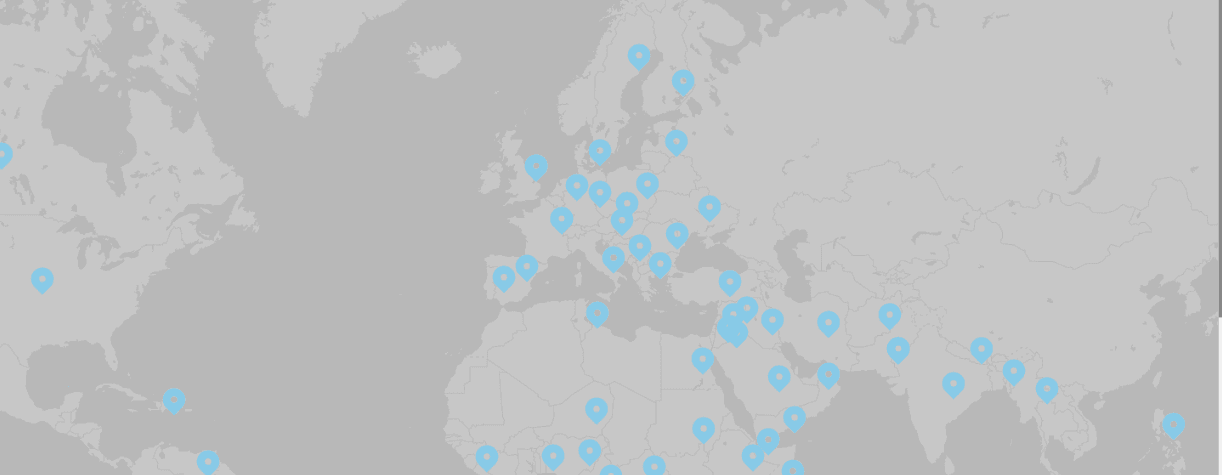
DIASPORA RESPONSE MAP
Get an instant overview of where diaspora organizations respond
LATEST TOOLS & REPORTS
Find relevant publications & training materials for diasporas
